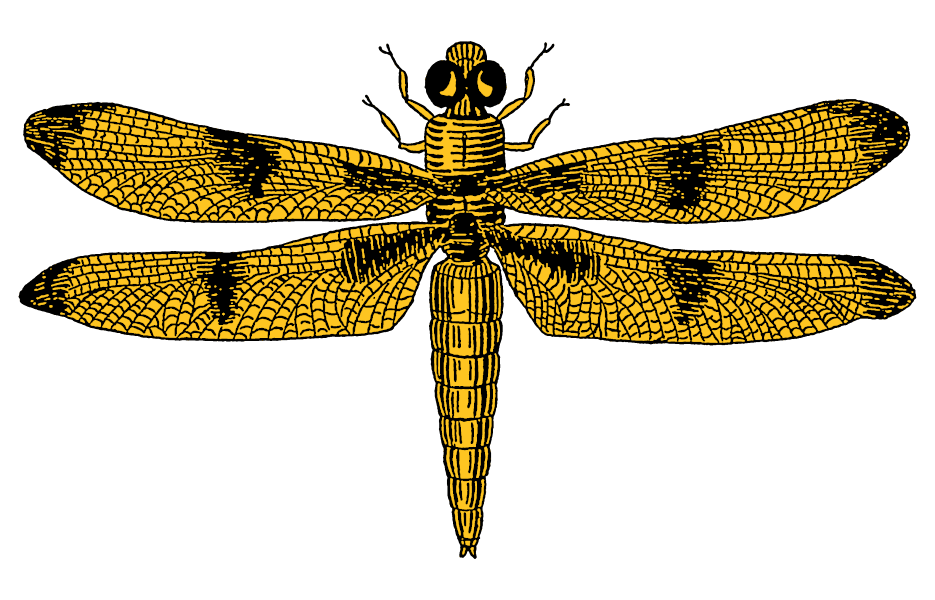Some nights when you have gone to sleep
I go up to the roof and look for my pilot star,
my navigation star,
my guideline, my trajectory,
the place I am heading
when I stretch out my arms
and leap off the roof
and leave this silly planet behind.
Once I find it, I could go anywhere.
Fling myself out into the black sea,
skip upon every world whirling around the sun:
angry Jupiter, mysterious Saturn,
the frozen pebble of silent Pluto.
I could just keep going, out beyond the asteroids,
out past the dusty corner of everything
humans have ever known,
into the dark, into the dark,
until I find out where space ends
and nothing begins.
I never find it, my pilot star.
It is not there.
I will search and stare and hunt
for my pilot star until the night is almost spent
and then I will go in and lie down next to you,
next to the smell of your hair,
the heat of your body, the shape of you,
and I will know why.
Jupiter has its storms
and Saturn its rings
and forgotten Pluto cold secrets,
but only the Earth has you.
